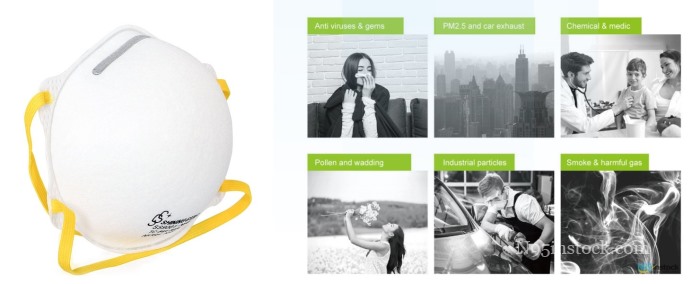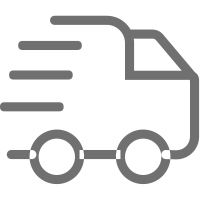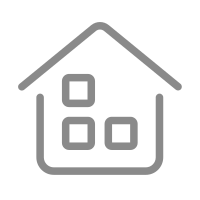What it means for you To verify that an N95 mask is approved by NIOSH, go to NIOSHs certified equipment list (CEL) and type in your masks testing and approved certificate number. You can verify your approval number at the NIOSH Certified Equipment List (CEL) or at NIOSHs Trusted Sources page to see if your respirator has been approved by NIOSH. If your mask does not appear in this list, it means that the approval number is not valid, and the mask is not a NIOSH-approved respirator.
Once you have selected your mask, buyers may always want to verify whether or not it is listed in CDCs Counterfeit Respirators List or in the agencys Non-Approved Equipment List. You can also check the manufacturers name and the N95 Masks approval number to make sure that it is listed in NIOSHs approved equipment list. One way to tell whether or not your N95 mask is a legitimate, NIOSH-certified respirator is by searching it in the NIOSH-certified equipment list (CEL).
NIOSH is responsible for approving N95 masks, and they have certified N95s to be legit respirators that can handle particles. While NIOSH tests and certifies N95 masks, they do not approve KN95 masks, KF94 masks, or any other respirator products that can be internationally certified.
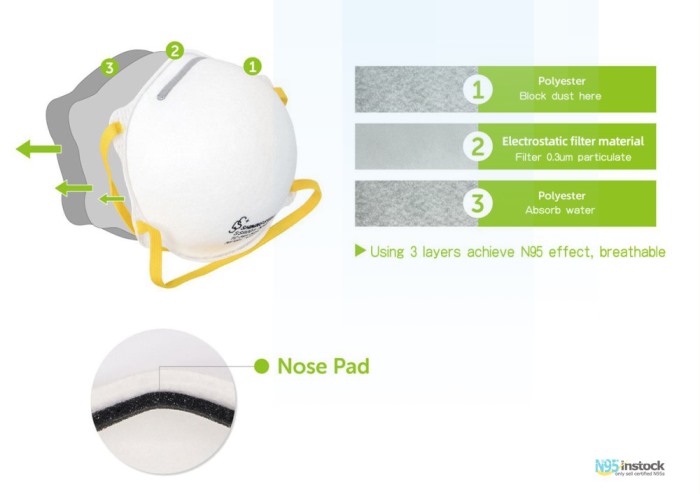
Unfortunately, because of high demand for N95 respirators, some masks are being marketed and sold incorrectly as being approved by NIOSH. Health officials advise cloth facemasks are far less effective than N95, KN95, and KF94 respirator masks, but experts have also warned that many masks bearing these labels are fakes.
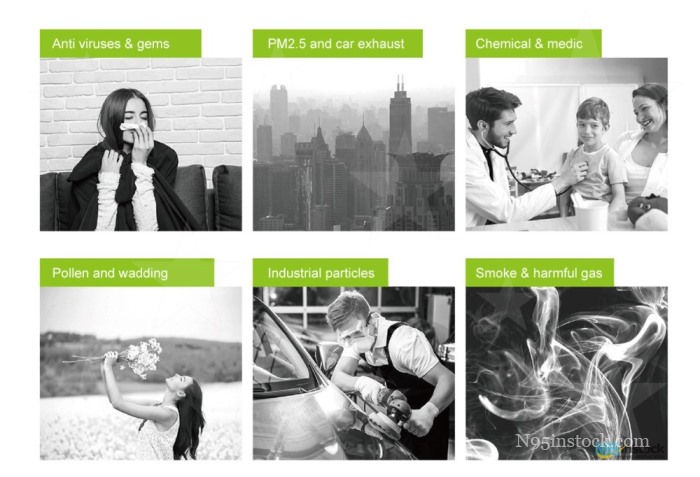
The CDCs study builds on mask guidelines that CDC released earlier this year, detailing different types of masks differing in levels of protection they provide – with the N95 respirator topping that list. In its consumer-facing guidance for masks, CDC notes that N95s and other NIOSH-approved respirators are the most protective options.
The most important thing to look for with N95 masks in particular is whether or not the respirator has been tested and certified by NIOSH. When NIOSH gives N95s their seal of approval, that means that the respirator has met a very specific set of testing requirements.
The N95 is approved by NIOSH, not the FDA (although surgical N95s also need to get authorization or clearance from FDA). Real N95s are approved by NIOSH, the National Institute of Occupational Safety and Health, and must have a clearance number that starts with the letters TC on the mask.
To get an N95-approved certification from the National Institute of Occupational Safety and Health (NIOSH), the respirator must be capable of filtering at least 95% of all particles, in every size. Since you are not likely to be carrying around an entire respiratory products test lab while shopping, you will need to instead rely on signs to tell you whether a supposed N95 mask has -or has not – received NIOSH approval. If, in fact, you are using a respirator mask that is not NIOSH-approved, you do not really have any clue as to how effective it is in blocking out particulates or airborne pathogens. If you are unsure whether a respirator mask you bought is NIOSH-approved, you may want to consult the CCDCs guidance for trusted-source information about respirators.
